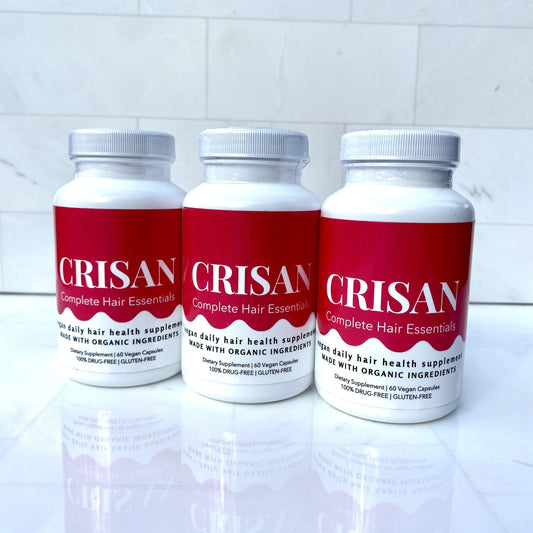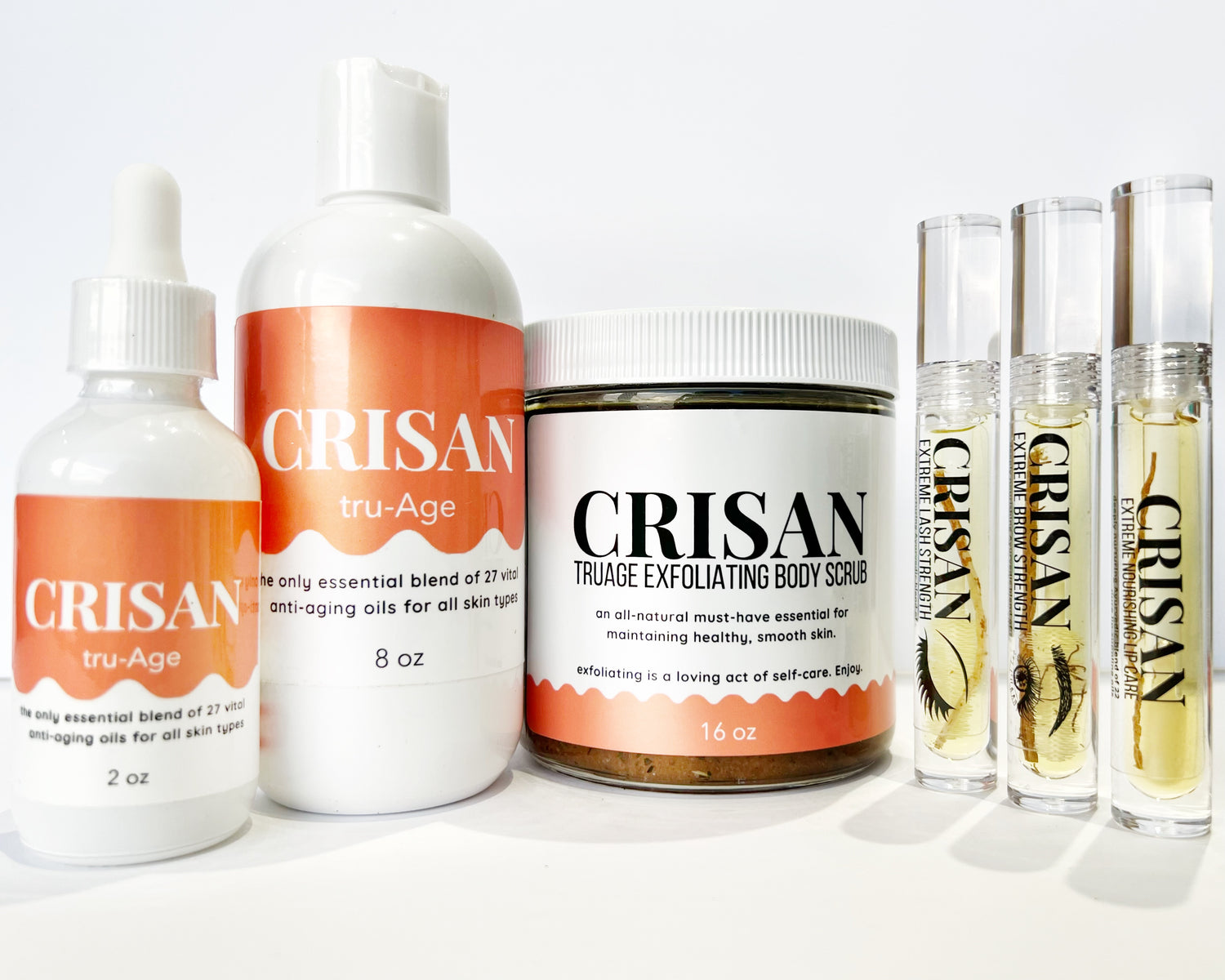Do Low Ferritin Levels Cause Hair Loss?
- Causes of low Ferritin Levels
- Symptoms
- Hypothyroidism
- Treatment
- Can your hair grow back?
- Precautions
- Takeaway
Is there a connection between ferritin and hair loss?
Iron is a mineral that most of us are aware of, although the term "ferritin" is new to many. You require iron for survival. Some of it is kept in your body as ferritin.
Ferritin is a type of protein that helps store iron in your blood. When you have low ferritin levels, it means you also have an iron deficiency. This can often lead to hair loss. However, if you also have another underlying condition that causes hair loss, it may be easy to overlook the role of ferritin in your symptoms. A ferritin test can help give your doctor more information so they can provide the correct treatment plan for you.
Ferritin and hair loss causes
Hair follicles are one of the primary storage locations for ferritin. It's thought that when someone loses their hair, ferritin levels decrease. But ferritin loss can start before hair loss problems occur. When your body is short on iron, it may “borrow” ferritin from your hair follicles and other less urgent tissues in an illness.
It's critical to consume enough iron from meals or supplements to maintain appropriate levels of ferritin in the body. Apart from iron deficiency, low ferritin levels may be caused by: Significant blood loss, Celiac disease, Non-celiac gluten intolerance, Vegetarian or vegan diets, Hypothyroidism (low thyroid), Menstruation, and/or Pregnancy.
What are the symptoms of low ferritin?
Having low ferritin interferes with your body’s role in making red blood cells. Red blood cells are important for the transfer of oxygen throughout your body. Without enough red blood cells, your organs and major systems don’t work as effectively.
There are many telltale signs that you may have low ferritin levels, including hair loss. Other symptoms include:
- dizziness
- extreme fatigue
- pounding in the ears
- brittle nails
- shortness of breath
- headaches
- difficulty concentrating
- restless legs
Ferritin and your thyroid
Hair loss is frequently one of the first signs of hypothyroidism, a disease in which your body does not produce enough thyroid hormones. Furthermore, low thyroid hormone levels can cause sluggishness, dry skin, and cold intolerance. Weight gain is also typical. Hair loss may be indirectly linked to a lack of thyroid hormones in some instances of hypothyroidism rather than an iron deficit. When the thyroid gland becomes sluggish, the pituitary gland releases less TSH. The result is that a person's iron stores may become depleted and they might develop hypothyroidism at the same time.
If you're not storing enough ferritin in your body, then your thyroid won't be able to produce enough thyroid hormone.
Another potential outcome is having "classic" hypothyroidism symptoms but testing as normal for thyroids. If this occurs to you, ask your doctor about checking your ferritin levels.
Ferritin and hair loss treatment
The greatest approach to treating hair loss is to increase your iron levels. If you don't consume enough iron-rich foods, your doctor may recommend supplements (such as liver and beef). While meat, on the other hand, contains more iron than plant-based meals, whole grains, nuts, and legumes all have some. Eating vitamin C-rich and iron-rich meals simultaneously might help with better iron absorption.
If you're suspicious that you have food sensitivity, your doctor may suggest either a blood test or an elimination diet.
One of the possible causes of poor iron absorption, which can lead to hair loss, is gluten intolerance.
There are two possible dietary causes of hair loss: vitamin D and zinc deficiency. Make sure to get enough sun exposure and eat foods rich in vitamin D like eggs, cheese, and fatty fish. Zinc can be found in meats, whole grains, and dairy products.
Ferritin and hair loss recovery success rates
Once the underlying iron deficit is addressed, your hair loss will reverse and grow back. Regrowth, on the other hand, might take months to manifest.
A study of menopausal women found that 59 percent of those experiencing excessive hair loss also had iron deficiency. In such cases, it might be possible to regrow hair by reversing the iron deficiency and promoting more ferritin stores in your body.
Risks and precautions
Although iron is necessary for overall health, too much of it can be detrimental.
The Mayo Clinic reports that normal ferritin rates should be 20 to 200 nanograms per milliliter for women and 20 to 500 for men. If you have low ferritin levels, taking supplemental iron may do more harm than good. It's possible to have plenty of circulating iron but still have lowstores of stored iron (ferritin).
Some potential signs that you've received too much iron (and are experiencing iron toxicity) include:
- stomach pain
- very dark-colored or bloody stool
- throwing up
- irritability
- heartbeat seeming faster than normal
- lower blood pressure than usual
Taking iron supplements to treat low ferritin without consulting your doctor can be dangerous and even deadly, as too much iron in the body can lead to liver failure. The only way for your doctor to diagnose low ferritin is through a blood test. (It's important to note that hair loss is not normally caused by high levels of ferritin.) Certain conditions cause the body to store higher than normal levels of iron; these include liver disease, hyperthyroidism (overactive thyroid), and inflammatory conditions.
The takeaway
If you're losing a lot of hair despite dietary modifications, it's probably time to visit your doctor for an evaluation. Low ferritin might be the source of the problem, but you'll want to make sure this is the case before taking any supplements or making major changes to your lifestyle. Stress management, exercise, and proper sleep can all promote healthy hair.
To give supplements and dietary changes time to be effective, wait three months before you retest your ferritin and iron levels with your doctor.
Hair loss can be a frustrating and difficult experience, made worse by the fact that its causes are often unknown. One potential cause of hair loss is low levels of ferritin, which is the storage form of iron in the body. Low ferritin levels can lead to hair loss due to iron deficiency. To treat hair loss caused by low ferritin, it is necessary to increase iron levels in the body. You can improve your iron levels through diet, supplements, or both. Once you address the underlying deficit, your hair loss should stop and regrowth may occur. However, it's always best to consult a doctor before taking any action, as too much iron can be dangerous. In addition to addressing your iron levels, managing stress, exercising regularly, and getting enough sleep can all promote healthy hair growth.






















